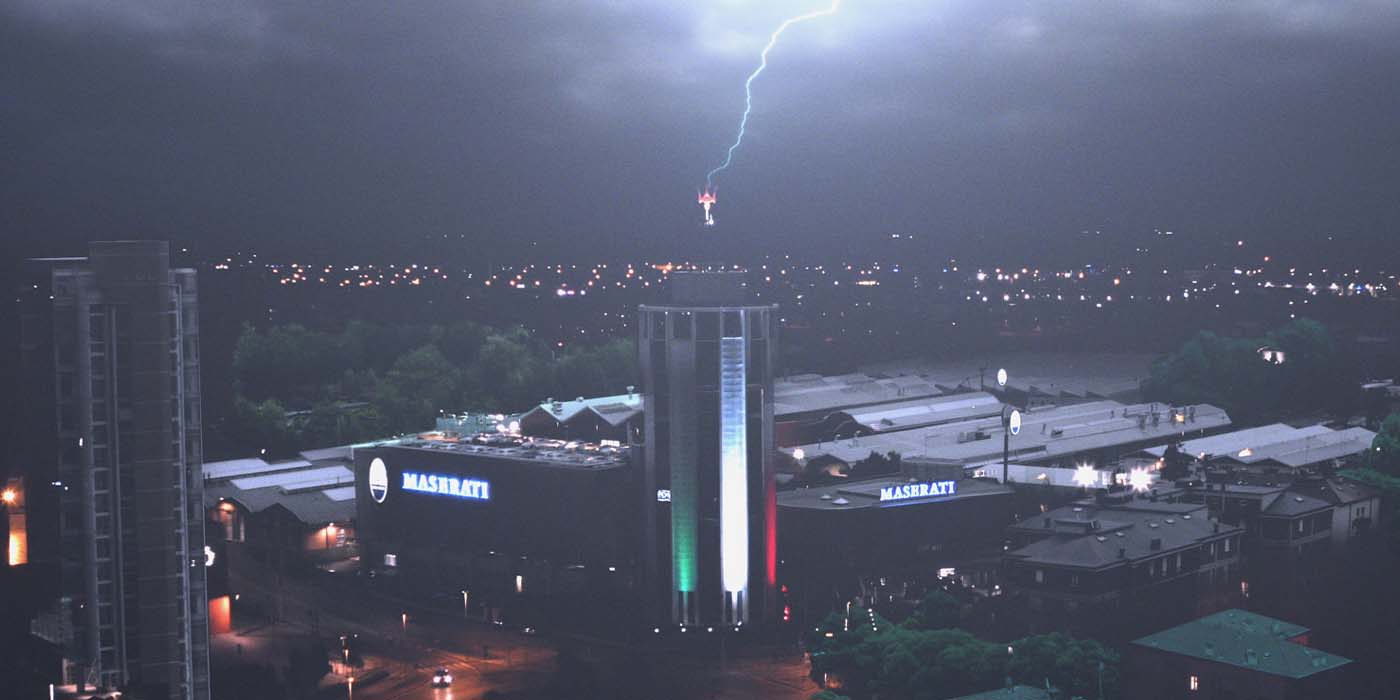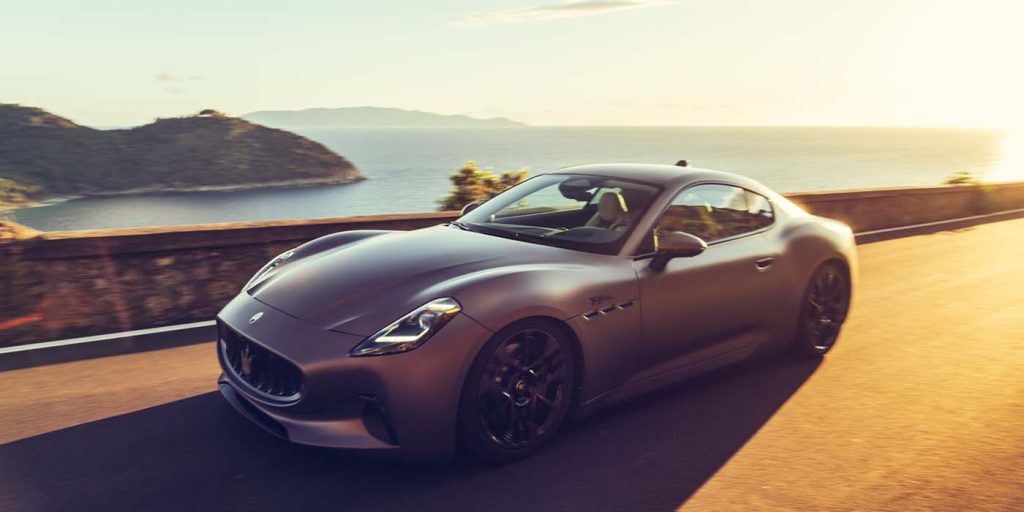
Maserati, the Italian luxury automaker under the Stellantis umbrella, is emphasizing its commitment to producing electric vehicles (EVs) in Italy. The company, with a 109-year history in automotive development in Italy, is set to launch a range of all-electric models under the "Folgore" nomenclature as part of Stellantis' "Dare Forward 2030" electrification plans.
While Maserati has unveiled four all-electric models, including the GranTurismo Folgore, Grecale Folgore, GranCabrio Folgore, and Quattroporte Folgore, there have been delays in their releases. The GranTurismo Folgore has started deliveries, but the Grecale SUV launch has been postponed, and there are additional delays for the Quattroporte.
Despite these challenges, Maserati is emphasizing its commitment to producing EVs in Italy. The company faces hurdles in the development of electric vehicles, and Stellantis CEO Carlos Tavares is in a dispute with the Italian government over EV sales support. Nevertheless, Maserati aims to underscore its roots and continue manufacturing high-end vehicles in its home country.

Maserati vows to go electric and remain 100% Italian
Maserati announced today in a press statement that, while its car powertrains are transitioning to electric, its development and production footprints in Italy would continue as normal, with Modena, its home for over 80 years, being the "beating heart" of its operations. According to Maserati CEO Davide Grasso:
Driven by our Modena heart, we are going full throttle to lead change on electrification, with two of our iconic models already available for purchase in their 100% electric versions, and another on the way this year. We will offer our preferred customers the most powerful Maseratis ever, pushing the boundaries of driving pleasure to a new era. With our long-term strategic vision and plan, we want to make a mark in the luxury world with unique Italian manufacturing excellence, constantly pushing distinctive quality and building our future with a dedicated business model that guarantees our customers the best products that reflect the Trident’s values.
While Maserati's CEO still has a soft spot for Italy, the CEO of parent firm Stellantis, Carlos Tavares, is embroiled in a dispute with the country's government over inadequate incentives. Stellantis, in addition to Maserati, owns several Italian marques and industrial activities, including Fiat.
Tavares continues to criticize Italy's government for investing less in EVs than the rest of the EU. During a recent visit to Stellantis' van-making site in central Italy, Tavares stated that the OEM has been lobbying the Italian government for the past nine months to boost EV sales in order to keep the lights on at its Mirafiori plant in Turin, where the 500e is built:
Italy is spending much less money than any other great European country to support EVs. The consequence is that we are losing manufacturing products in Italy that we could manufacture (…) We already wasted nine months of production, of additional production in Mirafiori.
According to Reuters, the Italian government appears to have listened to the always-polarizing Stellantis CEO and will unveil a new incentives policy on February 1st, worth more than €900 million.
Meanwhile, Maserati claims its staff of about 130 engineers and technicians will continue to work in Italy to develop electric powertrains and "contribute to steering the brand to a higher luxury positioning."
Maserati looks to have put the Quattroporte back three years to 2028, prioritizing an all-electric version of the MC20. Here is the automaker's current BEV pipeline.
- GranTurismo Folgore – Deliveries underway
- Grecale Folgore – Deliveres scheduled for Q2 2024
- GranCabrio Folgore – Launch expected in 2024
- MC20 Folgore – 2025
- Large E-UV BEV – 2027
- Quattroporte Folgore – 2028 (originally 2025)




0 Comments